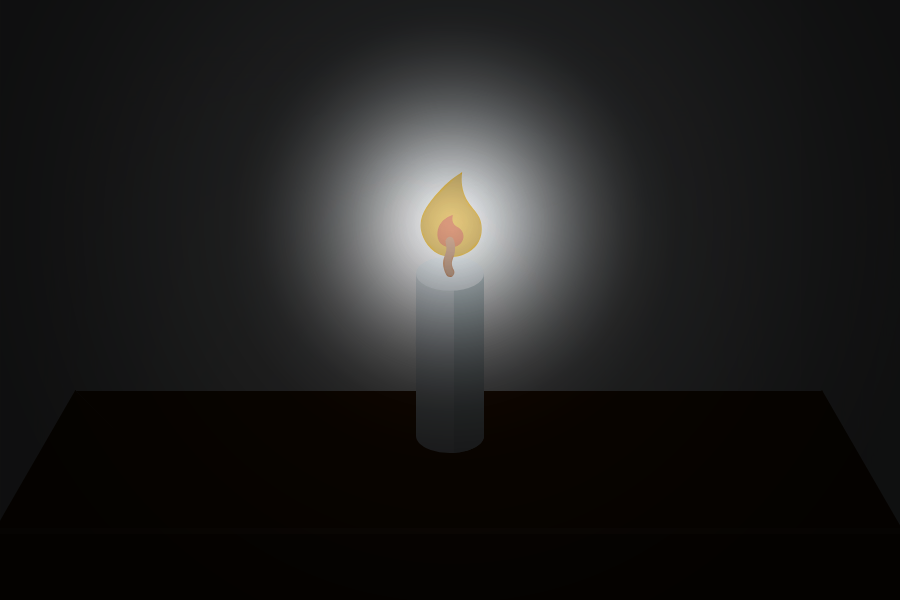Getting help for mental health: what comes next
January 18, 2019
Whether it’s the county-wide Signs of Suicide program, student-organized mental illness awareness seminars or any other presentation on mental health, the final message is always the same: if you’re struggling, tell someone you trust and get help. But what happens after you open up to this trusted person, or what the help might consist of, is usually left to student’s imagination.
I’ve struggled with mental health for years, and so have members of my family. After coping on my own with mental health issues for so long, I decided to reach out and get help this past October. I was lucky because I knew my family would support me, but I was still uncertain about what would happen next. I worried that if I talked to someone, my life would change for the worse. In retrospect, this made no sense—my life has only improved since—but at the time, fear held me back.
For those experiencing similar worries right now, know that there’s no need to be afraid and that getting help is worth it. The process can be scary, but not as scary as you might think.
While everyone’s process is different, many share common characteristics. Here is mine.
First, I told my mom I wanted to start therapy for my anxiety. I knew she would support me because she believed everyone could benefit from therapy, irrespective of their mental health. Even if your parents aren’t as supportive, you should still talk to them or tell someone else you trust—a teacher, counselor, or friend’s parent.
Within a few weeks, I went to my first therapy session with my therapist, Julian. My friend started seeing Julian a few years ago and recommended her to me. She asked some pretty standard questions about how I was feeling and what made me anxious. The most difficult part of the session came when she asked if I’d ever had suicidal thoughts. At the time, I didn’t feel ready to admit that I had—it was just too real. But, I knew this was the best time to confess. So after a minute of staring at the white wall behind her black leather chair, I told her.
The first step to getting help is admitting that you need it. This can be incredibly difficult, but I promise it’s not impossible. Telling Julian the extent of my struggles was one of the best choices I’ve made. She was incredibly understanding and comforting, which made me feel like I could be more open about what I was dealing with. Julian also recommended that I go to a psychiatrist to get medication for depression and anxiety. Most people don’t get medication so quickly, but based on my family history, medication seemed like the right path for me.
Julian spoke with my mom after the appointment and told her that I had suicidal thoughts. Therapists won’t disclose information you share with them to your parents unless they’re worried you may harm yourself or others—and I fell into that category.
After another few weeks, I went to a psychiatrist and had a discussion with her similar to my first therapy appointment. My parents were with me at the beginning of the appointment. We discussed how I felt and red flags that my parents had seen, as well as my family’s medical history. Then, my parents left the room and we discussed my depression and suicidal thoughts in greater detail. My parents then talked to her without me, and finally, we all met at the end and decided on which medication would be right for me.
I’m currently pairing therapy with medication. While not all treatments for mental illness involve medication, it’s often recommended as a supplement for therapy. In most cases you have a choice when it comes to medication; my therapist asked me if I wanted to start medication before she talked to my mom about it.
At therapy, I work on replacing unwanted thoughts and habits with healthier versions, and then I take these talks and put them to practice throughout the week. Therapy isn’t just going and talking to someone once a week; it’s a daily commitment to attempt to improve my mental health.
Reaching out for help comes with so many benefits. When people know that you’re dealing with mental health issues, they’ll often be more understanding and empathetic to your struggles. It makes life easier when there’s an explanation for how you feel.
I now feel more comfortable with sharing my mental health struggles, and most of my friends know I have depression and anxiety. As a result, my friends are extremely supportive and sympathetic when I get anxious about things like making plans or completing school work.
Reaching out for help won’t magically fix mental health issues, but it’s a step in the right direction. While I still have bad days or days when I feel like I can’t get through, talking about these feelings with my therapist and parents is way easier than pretending that everything’s okay.












Jennifer Baker • Jan 21, 2019 at 12:01 pm
I just read this to my children, it is so well put and such a helpful perspective. There are endless amounts of admiration due to someone who is brave enough to make such important points by sharing their own experience. Thank you so much for your eloquence.
Kim Adzigian • Jan 18, 2019 at 5:33 pm
Hi Emma,
I will share your article with Madeline. I am pretty sure she also suffers from depression and lots of anxiety. Thanks for sharing. Sharing this with peers will open the door for so many who feel adults don’t get it (even though we do). Thanks so much for sharing your voice
Kim